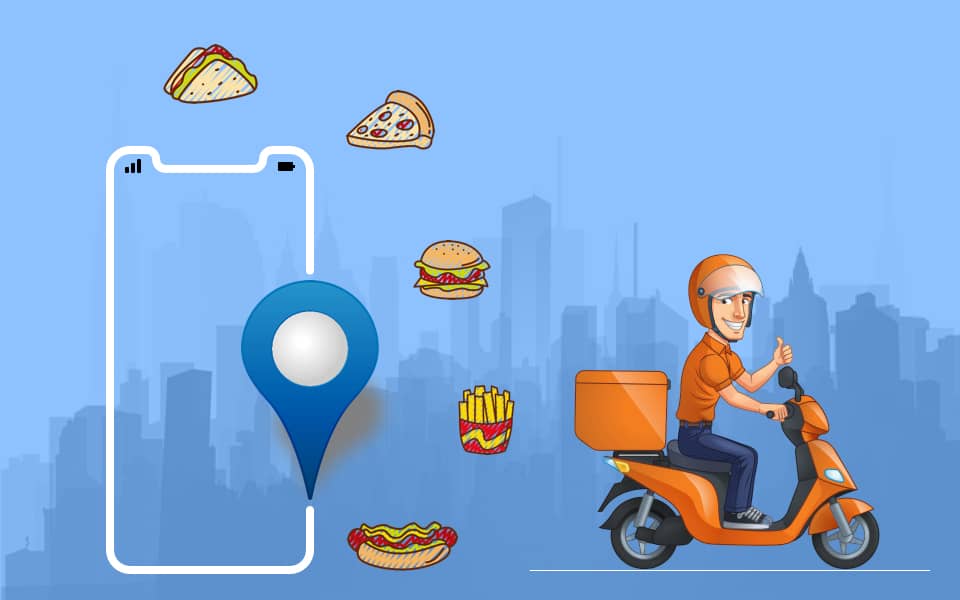It is often said that innovation is where creativity meets ambition. The food services industry in India works along the same corollary. Making relentless efforts to bring something new to the table and innovate with tech that’s already-in-place, the industry is set to grow by leaps and bounds.
Food and tech:
A love story Humans can already see how technology has had a significant impact on life, thereby accelerating the standard pace of change. Tech has exponentially transformed so many facets of our lives and its metamorphosis of the food services industry is exciting.
The sector is on the brink of exponential growth as it integrates automated quality control and efficient work models to maximise consistency and profitability. Catering to the post-pandemic lifestyle, savvy foodpreneurs are focused on digitisation to offer tech-friendly services to catch their target audience’s attention.
Brands are working towards reimagining themselves through innovative ways to address new customer behaviours, and drive better customer experience and engagement. The emphasis for us, and our colleagues in the industry, is on our customers’ growing need to prioritise self and societal care, affordability and convenience.
How we eat in 2021
Although the Indian cultural obsession with freshness of food could be a deterrent to the growth of ready-to-eat foods, the lockdown propelled its growth meteorically. Whether people will go right off ready-to-eat as the pandemic recedes remains to be seen. Ordering out, however, is pretty much back to pre-pandemic levels, although the majority of consumers seem to display an increased price sensitivity.
Establishing a digital presence, building a smooth and intuitive tap to order experience, along with an efficient last-mile delivery circuit is the need of the hour for food brands. Nimble players are stepping up to match the customers’ expectations of safety, hygiene, hyperlocal supply, and no-contact service.
Food services labels are passing up restaurant space in favour of cloud/ghost kitchens fitted with innovative tech to enable them to focus funds on providing ‘pandemic proof’ service and better priced SKUs.
These changes are significant and are re-shaping the food services landscape in a big way.
AI supercharging the food services industry
Establishing modern solutions such as snack portals with heated and locker-styled compartments, the industry is integrating AI and automation, and increasing the overall efficiency while promptly serving customers.
This new approach is helping labels to cater to customers at their convenience, while giving mobile order-ahead tools, contactless service, and minimised person-to-person interaction. Making things operational and taking care of the tech-savvy models’ functionality, companies are making it a point to go all out to serve tech-love on a platter.
In addition to novel service experience, the use of AI-based customer insights and analytics allow brands to better understand consumers and thereby, enable them to market better, customise products to their needs, and innovate more.
Tailoring solutions to customers’ preferences and comfort, the sector is incorporating smart-interactive tables and virtual bars. Sparking a buzz among millennials and boomers alike, innovation is empowering the food services industry to put its best foot forward in the ‘new normal’.
Global innovations to steer the sector
With cocktail robots introduced for the food services industry and smart-glass technology being used to create intuitive digital checklists, conduct inventory management, and employee training; the future of the industry is going to be defined by innovation through tech.
Making the sector cost and time-efficient while simultaneously making it globally competitive, innovation is metamorphosing the sector and revving it up to deliver the best of all worlds to the customers. Several names in the sector are responsibly coming forward to integrate a new perspective and innovate to remould the conventional ways of working and establish a contemporary, efficient style of catering to patrons instead.






